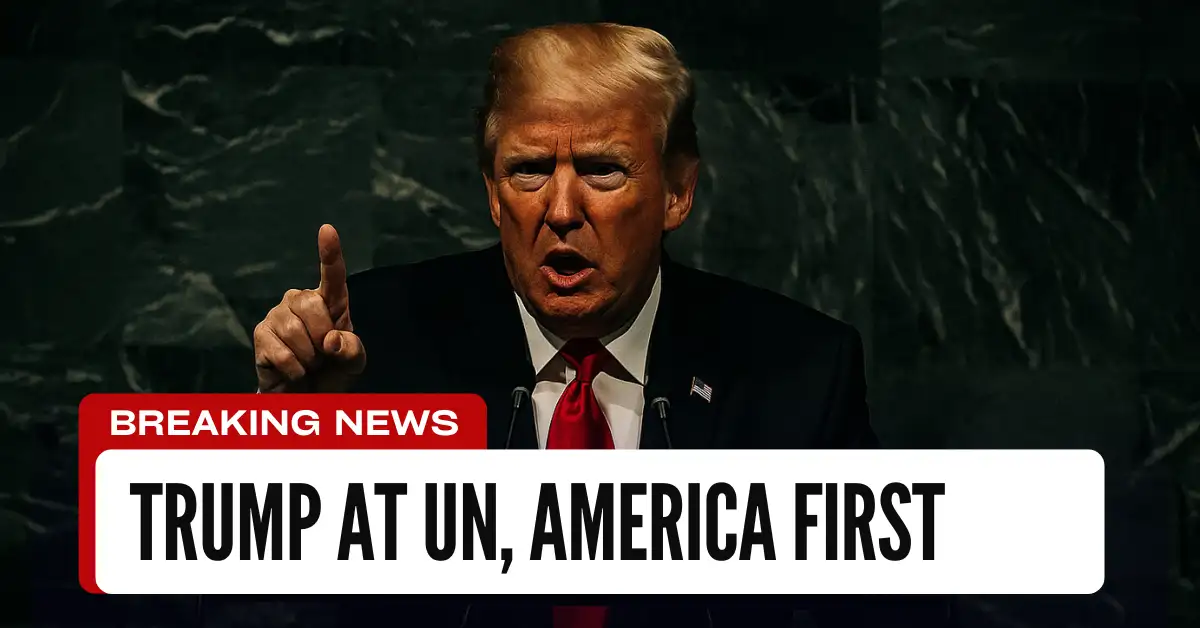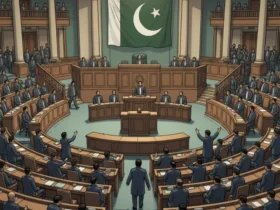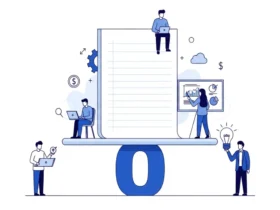President Donald Trump delivered a landmark Trump UN Speech today, forcefully outlining his ‘America First’ vision for his second term to the assembled world leaders at the UN General Assembly in New York. The address served as a definitive statement on U.S. foreign policy, challenging globalist orthodoxies and demanding a new era of national sovereignty and accountability from international institutions. The speech set a confrontational and assertive tone, signaling a significant shift in how the United States will engage with the world.
Here are the key takeaways from the President’s address.
1. Sovereignty as the Central Theme
The core of the Trump UN Speech was a powerful defense of national sovereignty. The President flatly rejected globalism, arguing that international bodies had grown unaccountable and were infringing on the rights of nations to govern themselves. “The future belongs to patriots, not globalists,” he declared, framing his policy as a return to a world of strong, independent nations, each responsible for its own destiny.
2. A New US-Led Plan for Ukraine
Addressing the conflict in Ukraine, President Trump announced that his administration would propose a “new and direct framework” for peace talks. He was critical of past international efforts, calling them ineffective. In his speech, he insisted that a pragmatic, US-led initiative was required to end the war and reiterated his demand that European allies must contribute more significantly to their own continental security.
3. A Hardline Stance on China
A significant portion of the address was dedicated to China. President Trump accused the nation of engaging in “economic warfare” through unfair trade deals and intellectual property theft. “For decades, the world has enabled China’s predatory practices,” Trump stated. “That era is over. We will demand fairness and reciprocity.” He also called for a unified international stance against China’s military ambitions.
4. Demands for Institutional Reform
The President issued a sharp critique of the United Nations itself, along with the World Health Organization (WHO). He portrayed them as bloated, bureaucratic institutions that have failed in their missions and fallen under the influence of autocratic governments. He threatened to further reduce U.S. financial support if major reforms promoting transparency and accountability were not immediately undertaken.
5. Border Security as a Global Issue
President Trump connected his domestic agenda to his foreign policy by framing illegal immigration as a global crisis that threatens national identity and security everywhere. He promoted his administration’s border security policies as a model for other nations to follow, urging them to adopt stricter controls to protect their sovereignty.
















Leave a Review